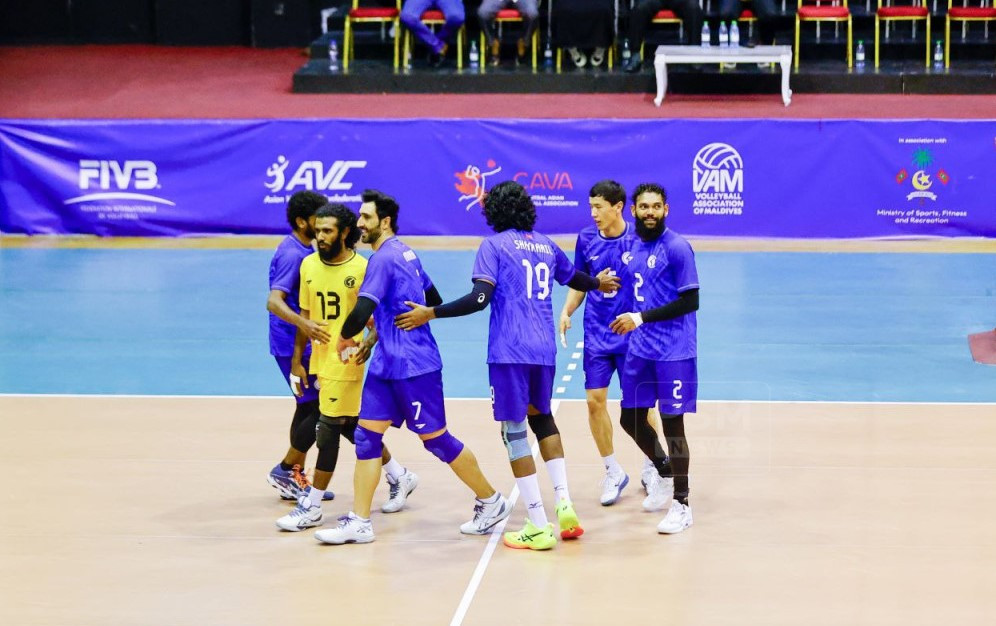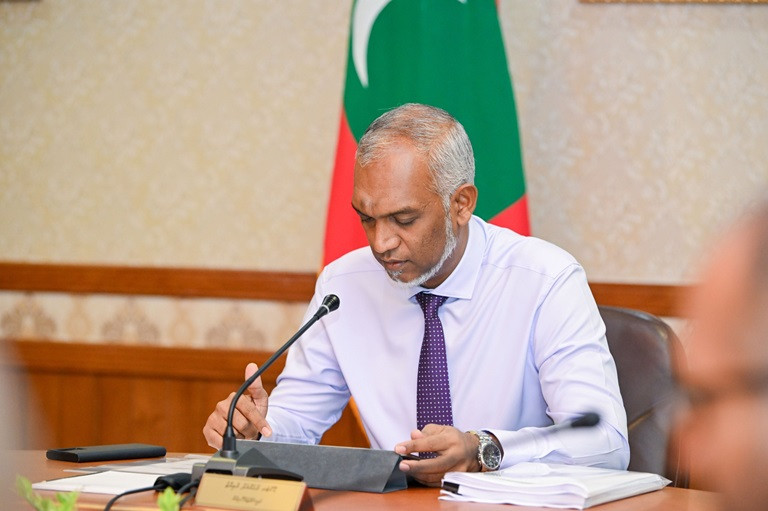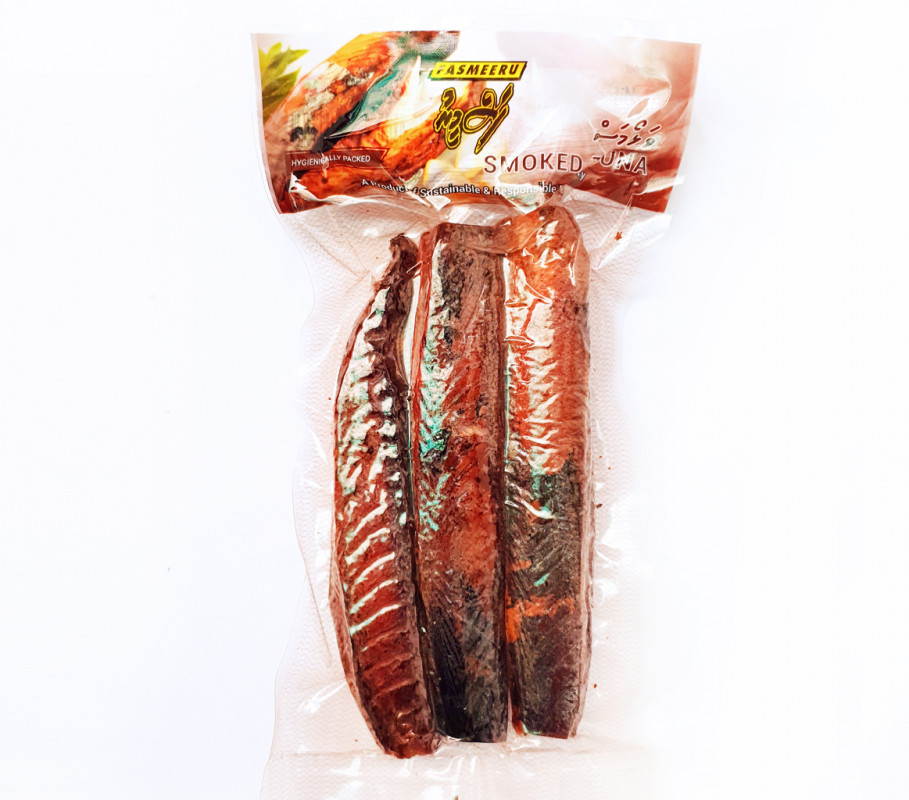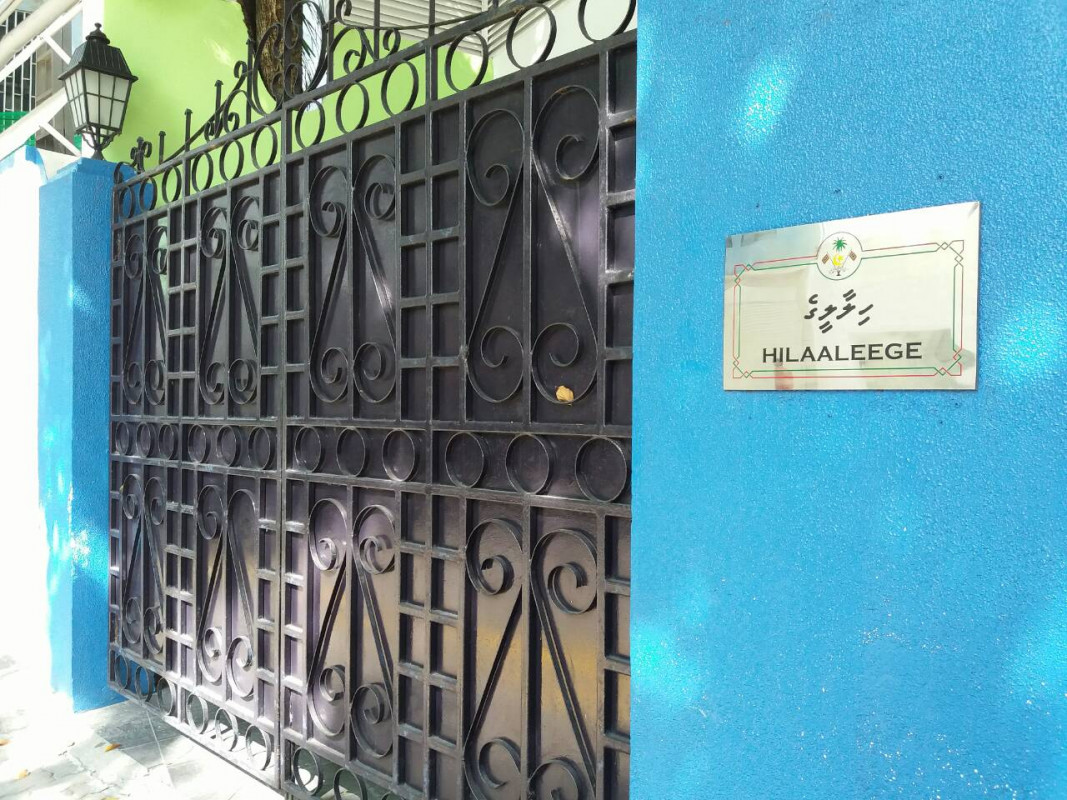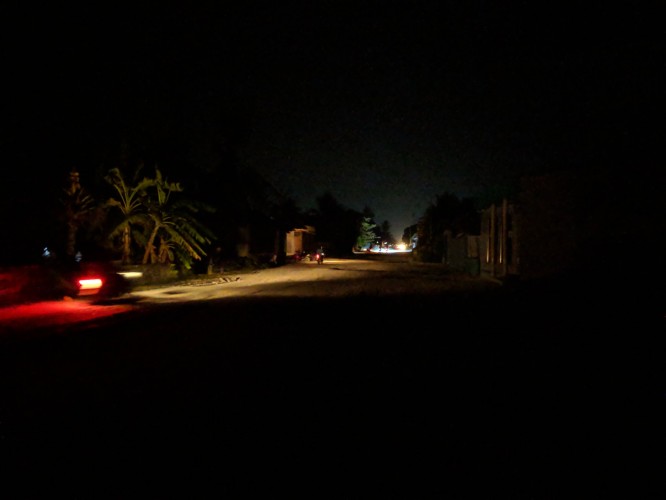Leaked testimonies: Judge Arif claims SC justices instructed him to issue certain orders
A number of ‘secret testimonies’ - relating to Supreme Court's 1st February ruling- were leaked online on Tuesday night

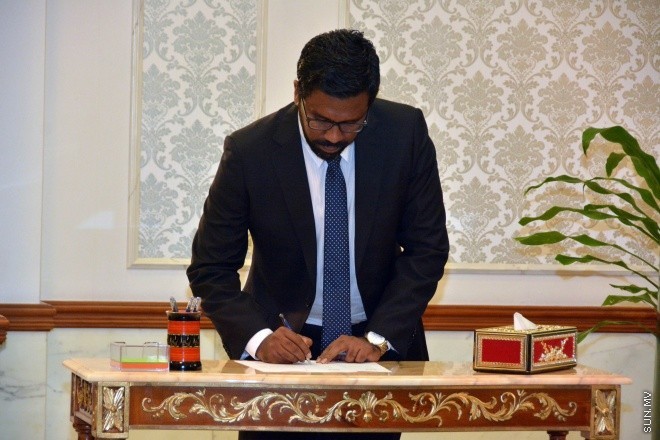
Criminal Court Judge Adam Arif
A number of ‘secret testimonies’ have been leaked online, including one where Judge Adam Arif confesses to issuing orders after being instructed to do so by Chief Justice Abdulla Saeed and Justice Ali Hameed.
Secret testimonies leaked online are of individuals that have testified against those arrested following the controversial Supreme Court ruling issued on February 1, this includes that of the Criminal Court Judge as well.
In his testimony, Judge Arif said that he received a phone call from the Administrator at the Department of Judicial Administration (DJA) Hassan Saeed Hussain on night of 1st February, telling him that the Supreme Court justices were in a meeting and to stay behind at court. However, he said that he chose to go home instead of staying back at the court, and learnt of the Supreme Court ruling through the news.
Arif said that he returned to the Criminal Court at 10pm that night, after having called Supreme Court Chief Justice Abdulla Saeed and clarifying on the political detainees mentioned in the ruling. The chief justice informed him that they are; Dhan’gethi constituency MP Ilham Ahmed, South-Mahchangoalhi constituency MP Abdulla Sinan, and former President Maumoon Abdul Gayoom’s son-in-law Mohamed Nadheem. He added that he had also contacted Supreme Court Justice Ali Hameed, to inquire on the need of issuing and enforcing such a ruling.
Hameed is to have told him that there was no way to arrest the said individuals through evidence submitted to arrest Dhiggaru constituency MP Ahmed Faris Maumoon, and that there is no way to keep them detained and to release them. With this, Justice Hameed hung up the phone, reads Arif’s testimony.
He further testified that on 2nd February he issued an order, revoking the arrest and search orders of Nadheem and MPs Sinan and Ilham, adding that he made the decision to do so as there was no judicial or legal necessity to do so. He also said that he did so as per Chief Justice Saeed and Justice Hameed's order.
“I decided to revoke the said orders as I was ordered to do so by Chief Justice Abdulla Saeed and Justice Ali Hameed,” reads the leaked testimony.
He added that the Criminal Court had, on 4th February, issued an arrest order for DJA’s administrator Saeed and that this order was issued by Judge Ahmed Hailam. Judge Arif further noted that following the arrest order, the Chief Justice had called an inquired on who had issued Saeed’s arrest order.
Noting that the Chief Justice had ordered to revoke the order, Arif said that he had told the chief that he did not see a reason to do so. He added that he could hear Justice Hameed’s voice in the background, during the call with Chief Justice Saeed.
He said that following the Supreme Court ruling nullifying Hassan Saeed’s order later that evening, Judge Arif said that he had forwarded the document related to the case to the court.
His testimony further reads that he now believes that Chief Justice Saeed and Justice Hameed gave the order to repeal the arrest orders issued by the Criminal Court ‘for their own personal benefit and advantage’.
While Judge Arif had, in his ‘secret testimony’, confessed to giving orders on the instruction of Chief Justice Saeed and Justice Hameed, this is a clear violation of Article four of the Judges Act.
Incumbent President Abdulla Yameen called the 1st February ruling ‘an attempted judicial coup’, and declared a nation-wide state of emergency four days later on 5th February. Shortly after the two justices were arrested at the Supreme Court. While the Supreme Court bench consists of five justices, these two had allegedly ‘influenced’ the remaining three justices to sign the ruling.
